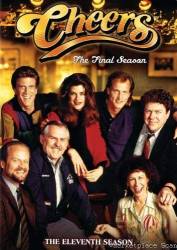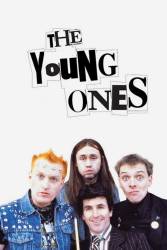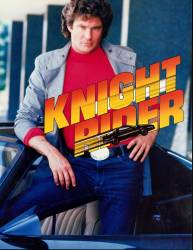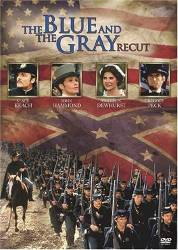
Question: I have always been confused by the kitchen 'door' behind the table as it appears to lead nowhere. Characters are always coming in and out of that door from elsewhere in the house. But as far as I can tell the door leads to nowhere else in the house, and based on the layout of the other rooms, it certainly doesn't lead to either the living room or the upstairs. (In stage terms, I'm referring to the door 'downstage', not the three 'upstage' which lead outside, to a food cupboard and to the living room respectively). Does anyone know where the magic door leads?

One for the Road (3) - S11-E28
Question: When I streamed this episode, there were a couple of small scenes missing (Sam explaining that his cigars were a gift from Fidel Castro via Reggie Jackson; Sam kissing Rebecca goodbye). I know they used to cut scenes to cram in more commercials after the initial broadcast, but with a streaming service, you're not limited to a time slot. Why not air the whole thing?
Answer: They sometimes acquire episodes from syndicated reruns. The ones with the cut scenes. Sundance channel have some episodes of M.A.S.H. uncut.

Question: What is the name of the band playing in the pub? They sing 'Welcome to the House of Fun' and seem very familiar to me, but I can't figure out how.
Answer: Madness also appeared in the episode "Sick", where they performed their song "Our House", which was their biggest (and only major) hit in the US.
Answer: Madness.

Knight Rider [Pilot; a.k.a. Knight of the Phoenix] (1) - S1-E1
Question: At one point, after promising help, Michael parks, and goes to a pay phone to call Devon. As he gets to the booth, over his left shoulder, there is a badly altered Pepsi sign. Black tape has been put over the word 'PEPSI' in the familiar logo, and also over the "si" in the phrase 'say Pepsi please'. What type of mistake would this be?
Chosen answer: Before "product placement" became common, name-brand products were rarely, if ever seen in TV shows, mostly due to avoid advertising conflicts with program sponsors. The Pepsi logo may have been taped out to prevent any commercial infringements.
Are you kidding? Product placement was so rampant in the 50s that sometimes you'd wonder if you were watching a TV show or a paid ad.
Knight Rider wasn't produced in the 1950s. TV shows of that era had advertising more similar to the old radio shows from the 30s and 40s. The early 50s series often had a sole sponsor, so their product (and related items) was likely seen in a program. An announcer also informed the audience at the beginning that, "This program is brought to you by (insert brand name). " From the 60s on, brand-name products weren't generally seen in TV programs. Networks sold air time to multiple advertisers, and their ads were shown during the long commercial breaks. So no, I'm not kidding.
Answer: It wouldn't be a mistake. Anyone could have taped the sign for a number of reasons.

Question: When Jonas's wife descends the stairs in her nightgown, you can hear her shoe soles hitting the stairs. I was surprised to see her wearing grey stiletto high heel pumps! As she exits the stairs and enters the kitchen, these heels are fully visible on both feet from the rear. Was she that much shorter than her co-star?
Answer: Stacy Keach, who portrayed Jonas Steele, is an imposing figure who stands just upwards of six feet tall. Julia Duffy, the actress who played Mary Hale Steele, is a diminutive five feet even - a full foot shorter than her on-screen husband. Though high heels have been around since the mid-16th century, the stiletto style heel didn't begin to come into play for fashion until the late 19th century, when they were mainly used as accessories in fetish art. They didn't become vogue for women's wear until the early to mid-20th century. It is unlikely a stiletto-style heel would have been available to, let alone be worn with a nightgown by a woman of the period.
Answer: Since they don't have a door there in the living room but they do have a door there in the dining room I assume it leads to the dinning room and the door upstage is probably straight to the living room while the door downstage goes to the dinning room and then through more doors you get to the door in the the living room. Hope that made sense.